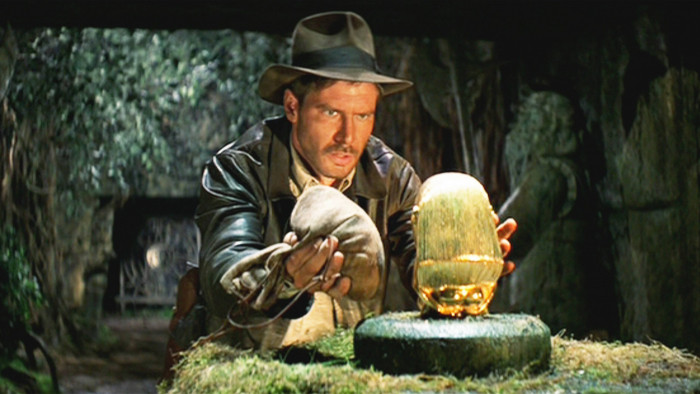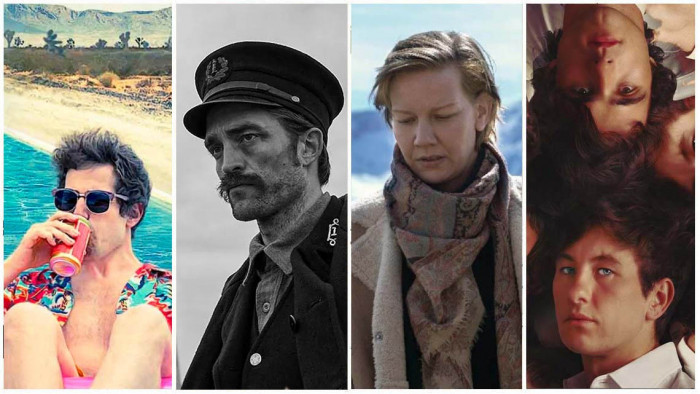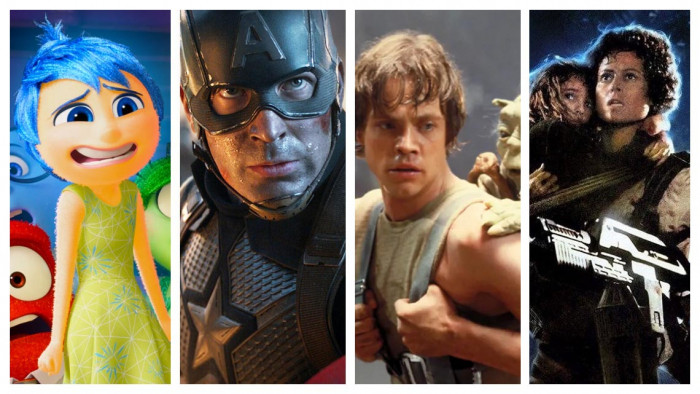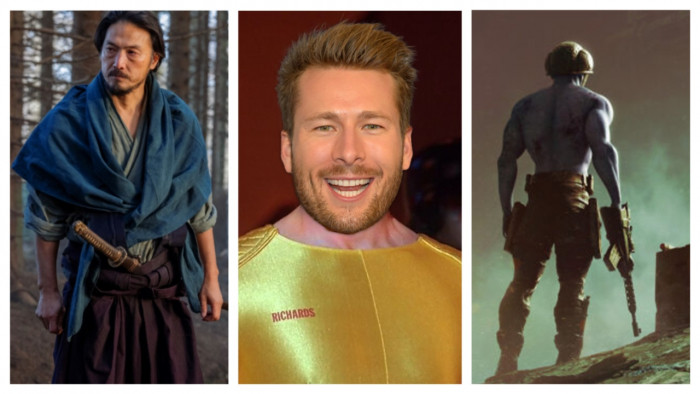Joseph Gordon-Levitt wants to talk to you about your paranoia
The Snowden actor speaks to Chris Mandle about fear, surveillance and uncertainty


Joseph Gordon-Levitt has never been asked about a potential dystopian future involving toothbrushes before. But as technology becomes more intelligent – everything from baby monitors to fridges have started talking back to us – the risk of compromise has never been greater.
When I pose it to the alarmingly-dimpled 35-year-old, he manages to answer my question with the calm reasoning and unflappable demeanour of someone delivering a particularly niche TED talk.
“Everything collects data now,” he says, his hands punctuating the air calmly like he’s conducting a very slow orchestra, “and that could be terrifying. But it should only freak us out if there’s stuff going on that you don’t know about. It’s not necessarily bad to have that data. It’s just a matter of how someone is using it. Is the toothbrush company doing something you don’t want it to? Did you consent to that information being used or not?”
Now he’s talking faster, holding both hands up, surrendering. “No wonder you feel paranoid.”
Given the reason for our meeting, the word paranoid comes up often. In his new film Snowden, Gordon-Levitt plays Edward Snowden, the former CIA employee who in 2013 leaked classified information to The Guardian proving that the National Security Agency (NSA) was carrying out illegal mass surveillance on citizens.
In the film, Snowden starts out as a proud American, but witnesses the way technology is manipulated and used to spy on citizens, becoming embittered as a result. He sticks black tape over his laptop’s webcam, only enters passwords under the safety of a blanket and places mobile phones in microwaves to block their signals.
“It’s not even the existence of mass surveillance that’s the problem as much as it is about the fact the NSA lied about it,” Gordon-Levitt says, when asked what prompted him to get involved.
“James Clapper, the director of national intelligence, was called before congress following the leak. He testified, took an oath, [then] told a blatant lie [Clapper’s lawyer denied he lied, rather he simply “forgot”]. When a top-rank official is willing to lie outright, we as Americans have every right to fear that our democracy is threatened.”
That fear and anxiety ties directly into a culture of paranoia; if a government can outwardly lie and, for the longest time, get away with it, it’s understandable that looking over your shoulder and questioning what you’re told are behaviours that become legitimised. Gordon-Levitt admits he knew next to nothing about Snowden before the film.
“I knew he was divisive,” he says at one point. Now he’s gone from knowing nothing to embodying a sagely wisdom on the subject, a scholar of Snowden. So what is his position now? Is it healthy for us to feel this worried about what’s going on behind closed doors? How paranoid should we be?

SURVEILLANCE STATE
“It’s normal to feel it, to a certain extent, but there’s obviously such a thing as going too far,” he says. “Once you go beyond a certain threshold, you’re dealing with conspiracy theories, it’s about things being falsely perceived, and that part is crucial. With someone like Snowden, people will take the facts but embellish them or add to them, and the reality becomes distorted.”
Gordon-Levitt has a knack for being calm in the face of things that are clearly rattling him; he talks about injustice with an unusually cheery air (“It’s f*cked up!” he says, beaming). Sometimes to gather his thoughts, he’ll look down at his mismatched socks (one lime green with toadstools, the other yellow, with black palm trees).
“It says very plainly in the Fourth Amendment of the US Constitution that the government’s not allowed to invade your privacy unless it has a warrant – it didn’t,” he says. “And I don’t think it’s paranoid to stand up and say that’s a problem – I actually think that’s patriotic. It’s a privilege to take our leaders to task, and it’s our job to stand up and say so.”
He says it’s hard to talk about all this without mentioning Donald Trump – and an election that some say was abetted by fake news and fear.
“The misinformation, the way propaganda and mistrust is being fed to people on social media. There was a whole bunch of stories that were being circulated very popularly that were not based in fact and evidence, and yeah,” he gives a big, dramatic shrug – a what the f*ck are you supposed to do? – “it’s a real problem.”

DIGITAL DYSTOPIA
When we discuss what’s causing that feeling of anxiety and uncertainty around the internet and social media – and how you could potentially fix it – Gordon-Levitt struggles to pin it to one thing.
“This is the story of our generation: we have this incredibly powerful technology at our disposal, it has fundamentally changed how we communicate. I truly believe that it’s on a par with the printing press or the written word. The question is: will this technology ultimately be good for us, or bad for us? I’m an optimist, I think it can be a good thing. But the Snowden story – and the election – suggest otherwise.”
In the film, Snowden’s girlfriend defends her laptop being monitored by pointing out she isn’t doing anything illegal. So is it worth it if it can pre-empt or prevent crimes?
“It’s totally worth supporting, but I have mixed feelings about it,” Gordon-Levitt says. “Is there a version of mass surveillance that’s good for us? It’s true that nowadays a smaller number of people will be able to do more and more damage.” He pauses, looks down at his ankles again, considering the conundrum.
“We have to try to prevent that without compromising on ethics,” he says finally, after what seems like an age. “Paranoia exists in dark spaces, and the only way to deal with that is with transparency.”
It’s only near the end of our conversation that you get the impression that taking on this massive ethics-based conundrum is wearing him out. When asked about the weirdest thing a company might know about him, he gives a long pause. “Well, I’ll never clean my teeth the same way now, put it that way,” he says, completely deadpan.
Any future that’s bleak enough to wipe Joseph’s smile off his face has to be worth fighting against.
Snowden is at cinemas nationwide from 9 December.
Latest
Related Reviews and Shortlists


The 10 best war movies of the 21st century








